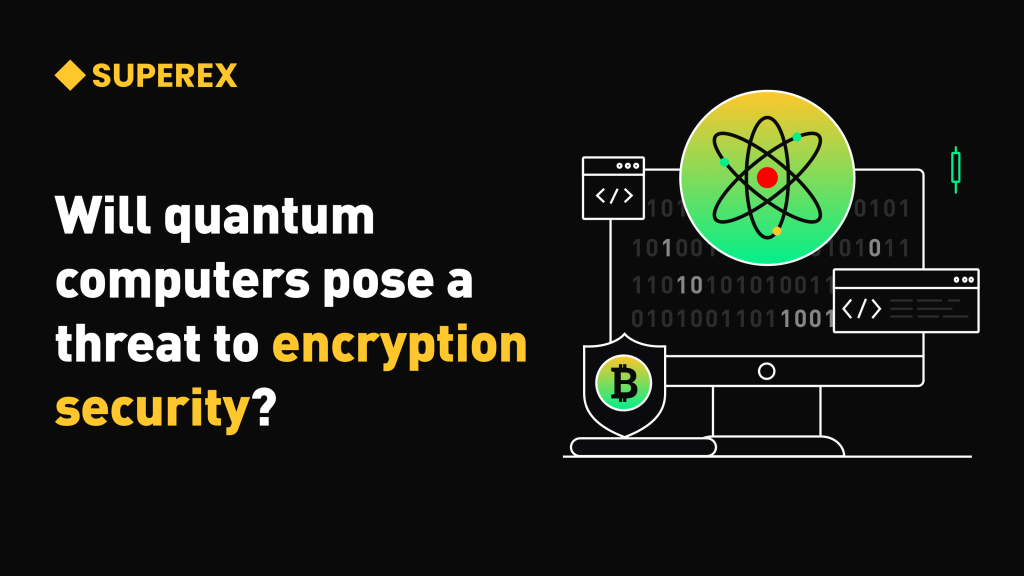Scientists figure out how to surpass ‘quantum advantage’ with binary computers

Quantum computing continues to advance, but so does classical computer science.

Quantum computing promises to solve problems binary computers can’t, but new research from a team in New York shows the old school isn’t ready for retirement just yet.
In June 2023, a team of researchers at IBM demonstrated that a quantum system could outperform a binary computer at a given task. At the time, this was called “quantum utility.”
However, it appears that quantum computers suffer from the same problem as their binary counterparts often do: They’re obsolete before they even hit the market.
Quantum utility
Less than a year after IBM’s achievement, a team of scientists from the Flatiron Institute and New York University has figured out a way to beat Big Blue’s quantum computer using a classical computer with a new method called a tensor network approach.
In a new @PRX_Quantum paper, CCQ researchers (@JoeyTindall4 @MStoudenmire) show that improved classical techniques can produce highly accurate solutions to a difficult physics problem.
Paper: https://t.co/dj2rgaTqyG@PhysicsMagazine coverage: https://t.co/plojWHb45h— Flatiron CCQ (@FlatironCCQ) January 23, 2024
According to a recently published research paper from the New York team, their new method shows a clear advantage over the quantum computer:
“Here we show that … we can perform a classical simulation that is significantly more accurate and precise than the results obtained from the quantum processor and many other classical methods.”
Essentially, this means that “quantum advantage,” a nebulous term used to describe quantum computing systems capable of performing useful tasks faster and more accurately than binary systems, has become a moving target.
Related: Quantum computing’s ChatGPT moment could be right around the corner
Quantum advantage
The quantum computing industry is described by many experts as still in its infancy. However, progress over the past few years has been rapid. Several laboratories have, at one point or another, claimed to have demonstrated quantum utility or, in some cases, advantage.
But, as is the case with IBM’s June 2023 claim, most of these podium positions are temporary, as binary computer science is still advancing.
Quantum computing is also advancing, with several companies promising to bring useful systems to market within a matter of years. IBM recently published a roadmap indicating it’ll hit an inflection point in quantum computing by 2029. And MIT/Harvard spinout QuEra claims it will have had a 10,000-qubit error-corrected quantum computer by 2026.
Either one of the proposed systems should, theoretically, be capable of quantum utility/advantage.






… [Trackback]
[…] Info to that Topic: x.superex.com/news/ai/3540/ […]
… [Trackback]
[…] Read More on to that Topic: x.superex.com/news/ai/3540/ […]
… [Trackback]
[…] Find More here to that Topic: x.superex.com/news/ai/3540/ […]
… [Trackback]
[…] Read More to that Topic: x.superex.com/news/ai/3540/ […]
… [Trackback]
[…] Info to that Topic: x.superex.com/news/ai/3540/ […]
… [Trackback]
[…] Information to that Topic: x.superex.com/news/ai/3540/ […]
… [Trackback]
[…] Find More Information here on that Topic: x.superex.com/news/ai/3540/ […]
… [Trackback]
[…] Read More Info here on that Topic: x.superex.com/news/ai/3540/ […]
… [Trackback]
[…] There you can find 22326 more Info to that Topic: x.superex.com/news/ai/3540/ […]
… [Trackback]
[…] Find More here to that Topic: x.superex.com/news/ai/3540/ […]
… [Trackback]
[…] Here you will find 39687 additional Information on that Topic: x.superex.com/news/ai/3540/ […]
… [Trackback]
[…] Read More on that Topic: x.superex.com/news/ai/3540/ […]
… [Trackback]
[…] Find More here on that Topic: x.superex.com/news/ai/3540/ […]
… [Trackback]
[…] Info to that Topic: x.superex.com/news/ai/3540/ […]
… [Trackback]
[…] Read More Info here on that Topic: x.superex.com/news/ai/3540/ […]
… [Trackback]
[…] There you will find 20161 more Info to that Topic: x.superex.com/news/ai/3540/ […]
… [Trackback]
[…] Information to that Topic: x.superex.com/news/ai/3540/ […]